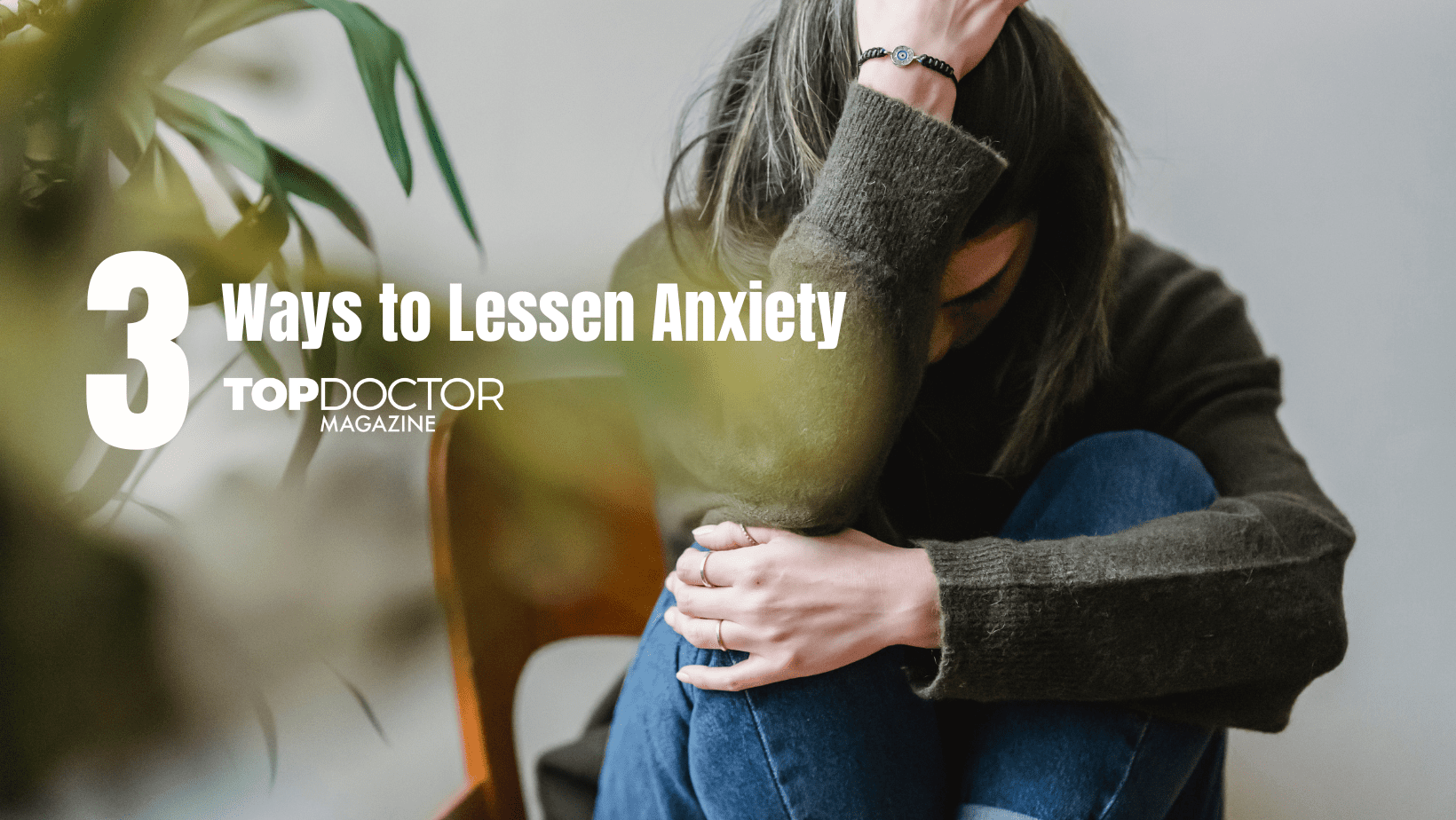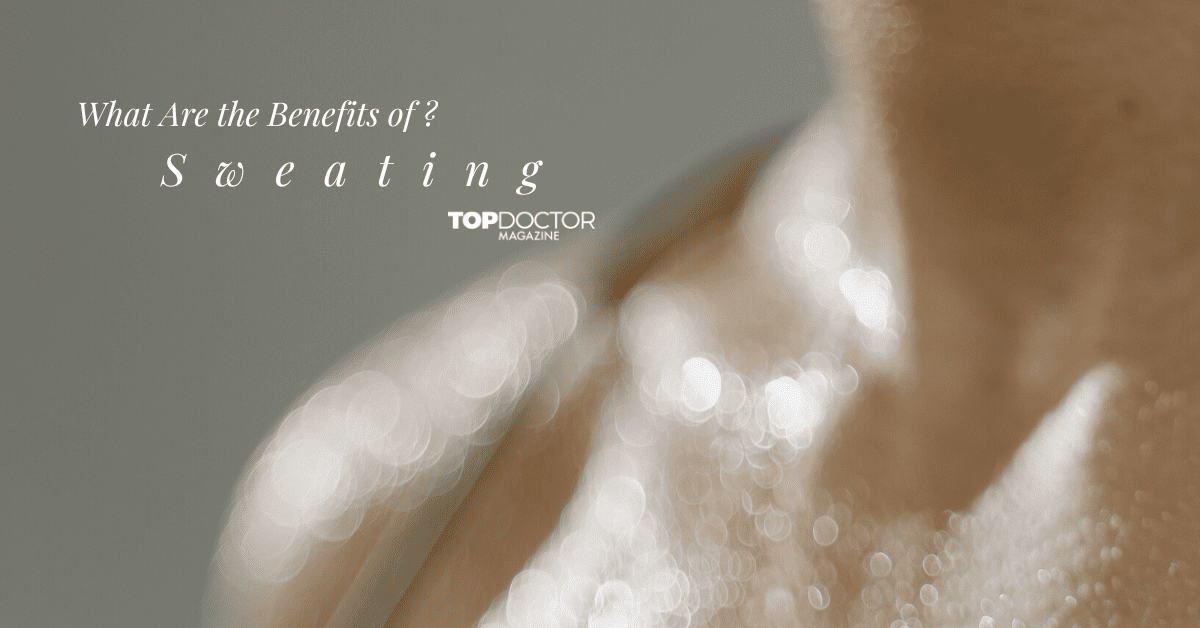Anxiety is a common mental health condition that affects millions of people worldwide. It can manifest as persistent worry, fear or unease, and can significantly impact a person’s daily life. While anxiety can be challenging to manage, there are some practical strategies that can help lessen its impact. It is important to see a medical professional before trying anything extreme to reduce anxiety.
1. Incorporate Relaxation Techniques into Your Routine
Relaxation techniques are effective tools for managing anxiety as they help calm the body and mind. One such technique is deep breathing, which involves taking slow, deep breaths in through the nose and exhaling slowly through the mouth. This can help reduce the physiological symptoms of anxiety such as rapid heart rate and shallow breathing. You can practice deep breathing for a few minutes whenever you feel anxious or incorporate it into your daily routine as a proactive measure to manage anxiety.
Progressive muscle relaxation is another effective technique. It involves systematically tensing and releasing different muscle groups in the body, which can help reduce muscle tension and overall stress. To practice progressive muscle relaxation, find a quiet and comfortable space, and start with one muscle group, such as the shoulders or hands. Tense the muscles for a few seconds, then release and relax them. Move on to the next muscle group until you have worked through your entire body. This technique can be done before bedtime to promote relaxation and better sleep.
2. Utilize Cognitive Behavioral Techniques
Cognitive Behavioral Therapy (CBT) is a widely used and evidence-based approach to managing anxiety. It focuses on identifying and challenging negative thoughts and beliefs that contribute to anxiety and replacing them with more realistic and helpful thoughts. CBT techniques can be practiced on your own or with the guidance of a mental health professional.
One effective CBT technique is thought journaling. This typically involves keeping a journal and writing down anxious thoughts as they arise. Analyzing these thoughts by asking yourself if they are based on facts or assumptions and then challenging any irrational or negative beliefs can help aid anxiety. Taking them and replacing them with more balanced and rational thoughts is the idea of journaling.
Another CBT technique is exposure therapy, where you gradually face and confront situations that trigger anxiety in a safe and controlled manner. This can help desensitize you to the triggers and reduce anxiety over time. Start with small steps and work your way up to more challenging situations, with the support of a therapist if needed.
3. Make Lifestyle Changes
Lifestyle changes can also play a significant role in managing anxiety. Regular exercise has been shown to reduce anxiety symptoms by releasing endorphins, improving mood, and reducing stress. Aim for at least 30 minutes of moderate exercise most days of the week. Choose activities that you enjoy, such as walking, jogging, dancing or yoga and make them a regular part of your routine.
Prioritizing good sleep hygiene is also crucial for managing anxiety. Poor sleep can exacerbate anxiety symptoms, so establish a consistent sleep routine that includes going to bed and waking up at the same time each day, avoiding caffeine and electronic devices before bedtime, and creating a calming bedtime routine, such as reading or practicing relaxation techniques.
In addition, be mindful of your diet and consider making healthy food choices. Limit or avoid alcohol, caffeine and nicotine as they can worsen anxiety symptoms. Instead, opt for a well-balanced diet with plenty of fruits, vegetables, whole grains, lean proteins and healthy fats.
If you are experiencing anxiety, it is best to consult with a medical professional. These techniques can help manage anxiety temporarily but speaking with a medical professional is imperative for long-term care and health.






0 Comments